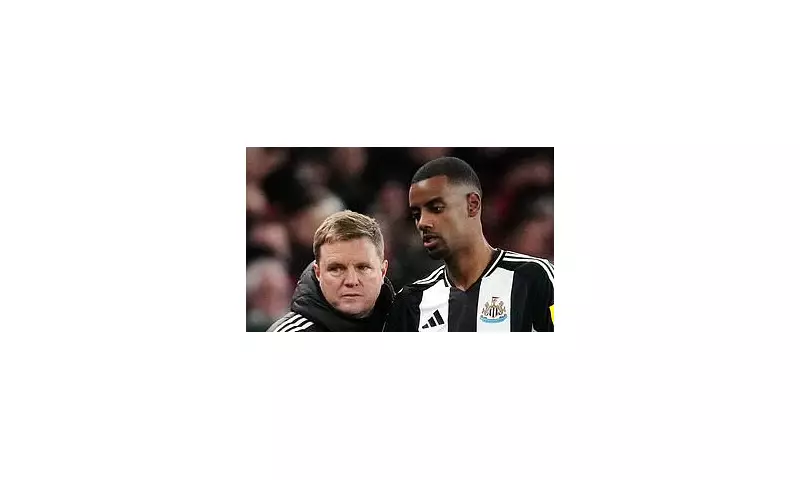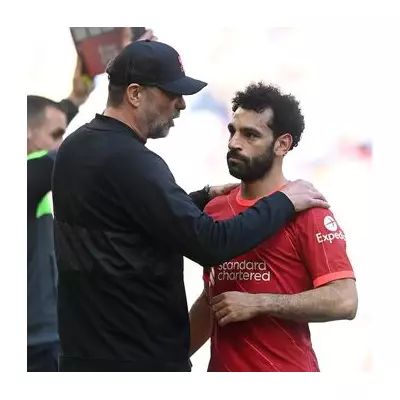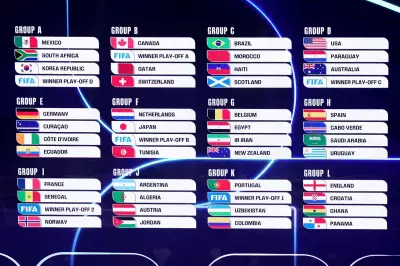
Newcastle United boss Eddie Howe has, for the first time, publicly addressed the dramatic collapse of Alexander Isak's potential British record £125 million move to Liverpool, pulling back the curtain on a tense summer transfer saga.
The Magpies' manager confirmed the intense speculation linking his star striker with a blockbuster switch to Anfield, admitting the situation created a challenging dynamic behind the scenes at St. James' Park.
A 'Difficult' Dynamic and a Firm Stance
Howe described the period as "difficult," not just for the club's hierarchy but crucially for his relationship with the Swedish international. The constant rumours and external pressure tested the bond between manager and player, a connection vital to Newcastle's on-pitch success.
However, the manager was unequivocal about the club's position. Despite the astronomical figure touted, Newcastle's stance was absolute: Alexander Isak was not for sale at any price. This firm rebuttal ultimately scuppered any chance of the deal progressing, as Liverpool baulked at meeting what was effectively a 'not for sale' valuation.
Protecting the Crown Jewel
The decision to dig their heels in underscores Isak's immense value to the Newcastle project. Since his club-record £63 million arrival from Real Sociedad in 2022, the 24-year-old has blossomed into one of the Premier League's most feared forwards, making him indispensable to Howe's long-term vision.
Howe's revelation confirms the power of a club's resolve in the modern market. Even a financial powerhouse like Liverpool, desperate for attacking reinforcement, could not force a deal for a player his club was determined to keep.
Looking Forward: Isak's Focus on Tyneside
With the transfer window closed and the saga firmly behind them, Howe's comments suggest a mutual desire to move on and focus on the season ahead. By addressing the issue head-on, the manager has likely drawn a line under the speculation, allowing Isak to concentrate fully on firing Newcastle back into European contention.
This episode serves as a stark reminder of the intense pressures and complex relationships that define a modern transfer window, where a manager must often act as both coach and counsellor to his prized assets.





